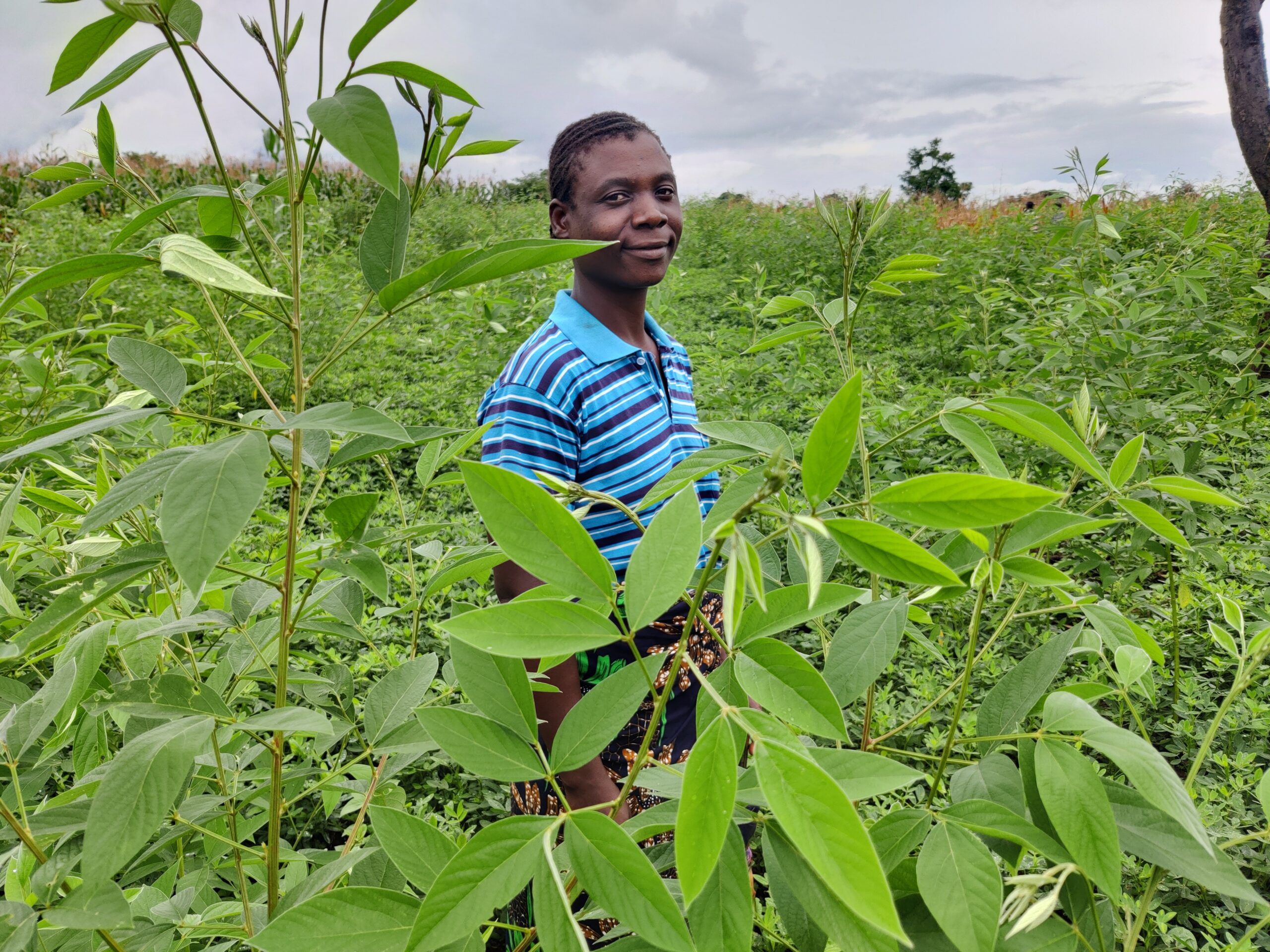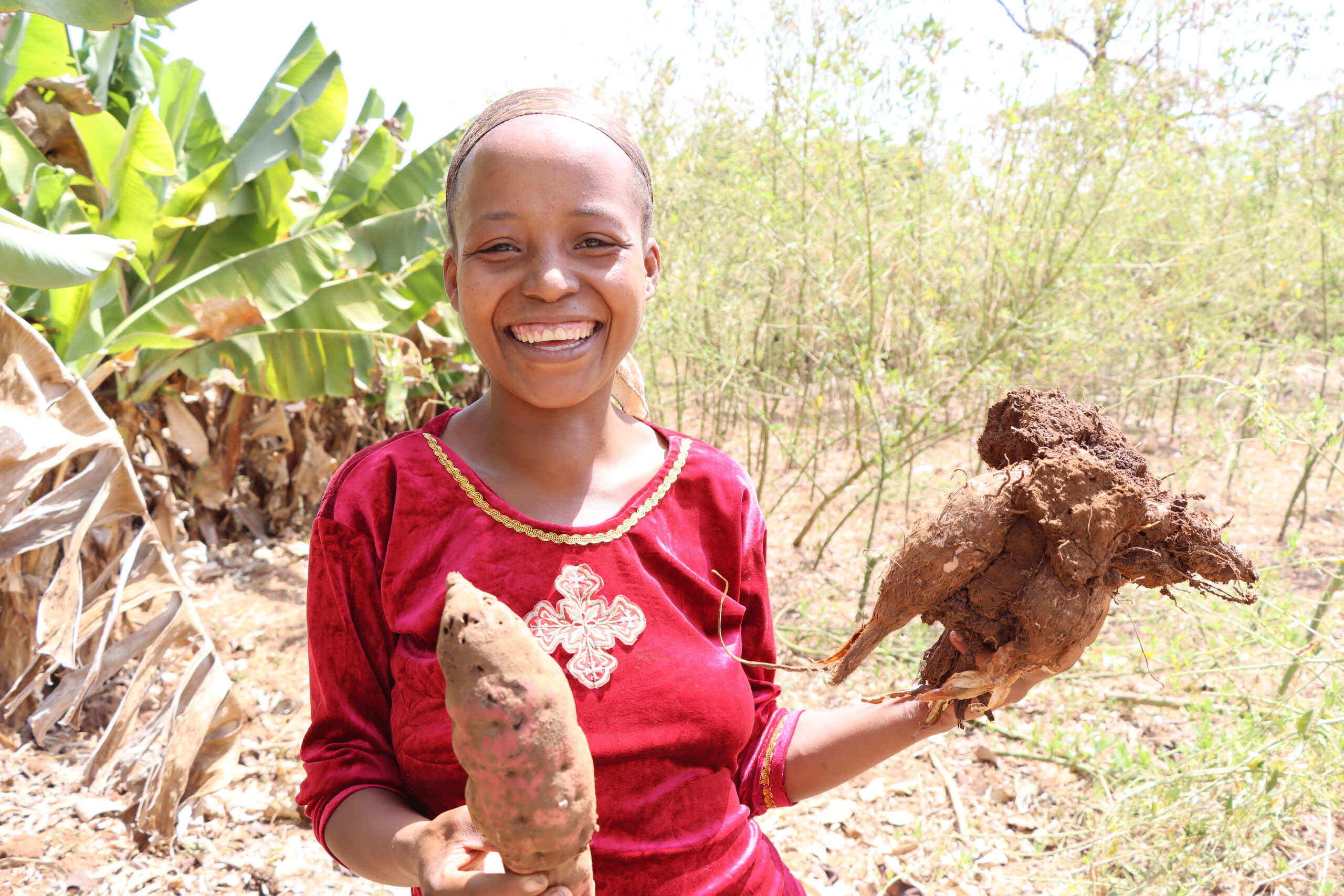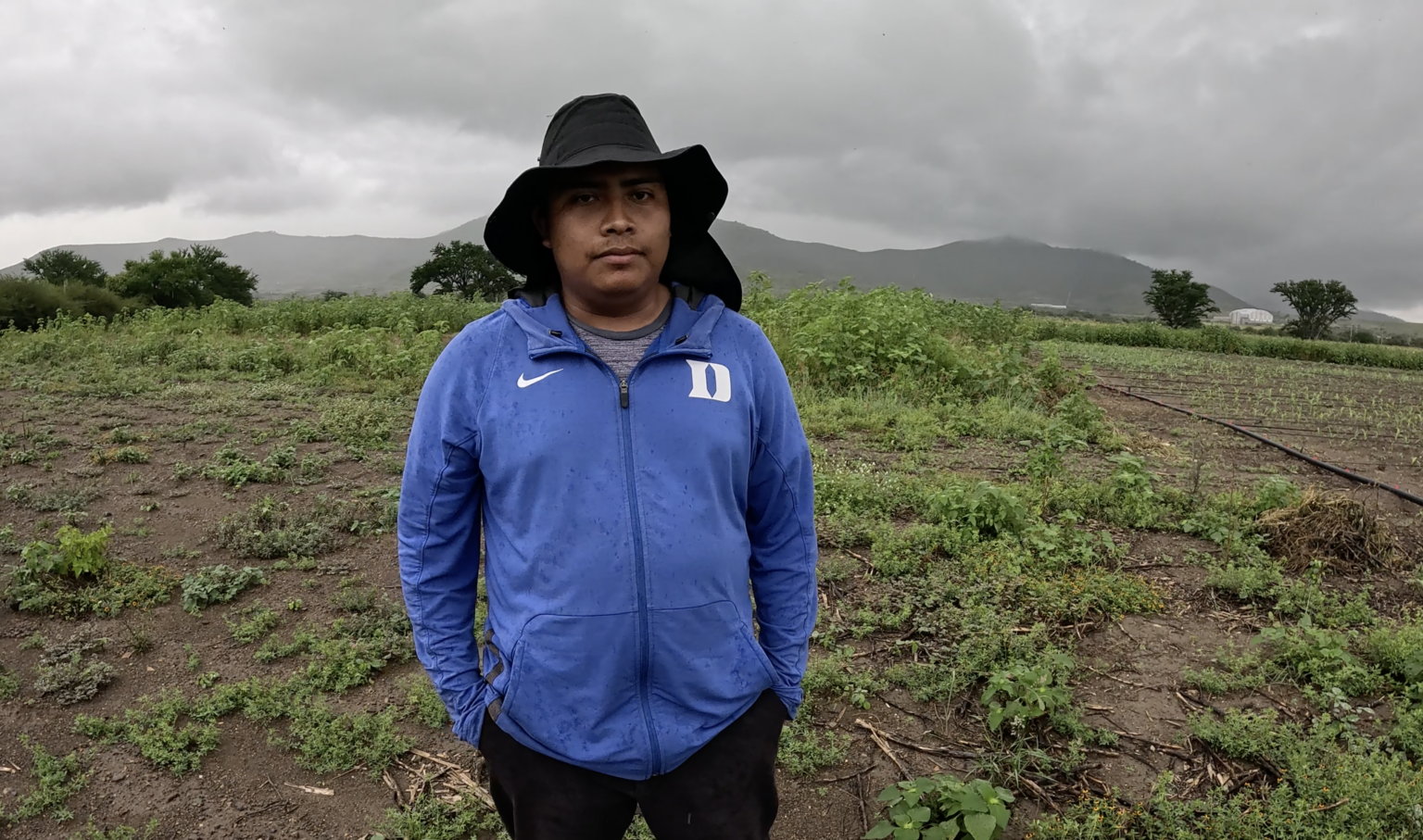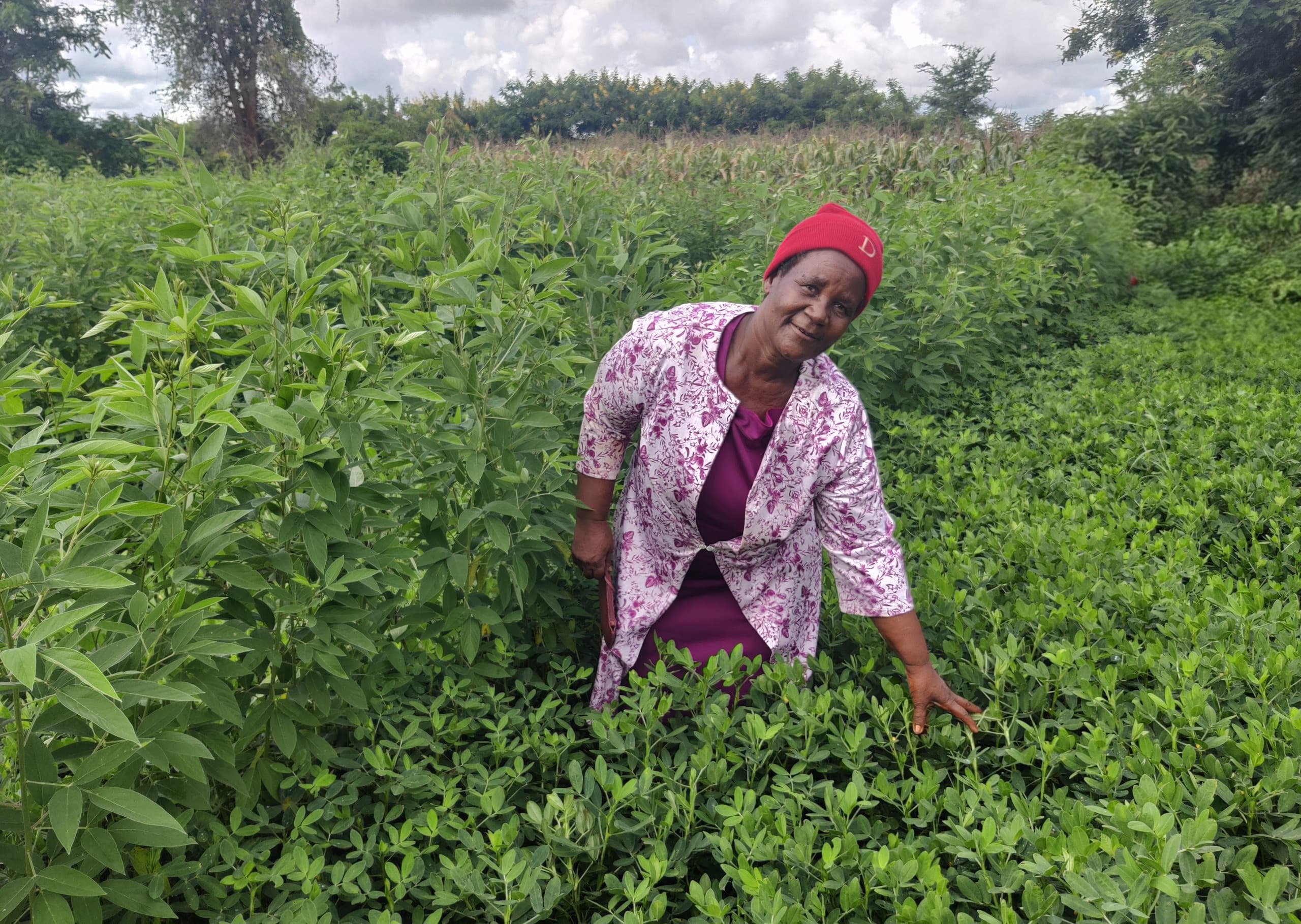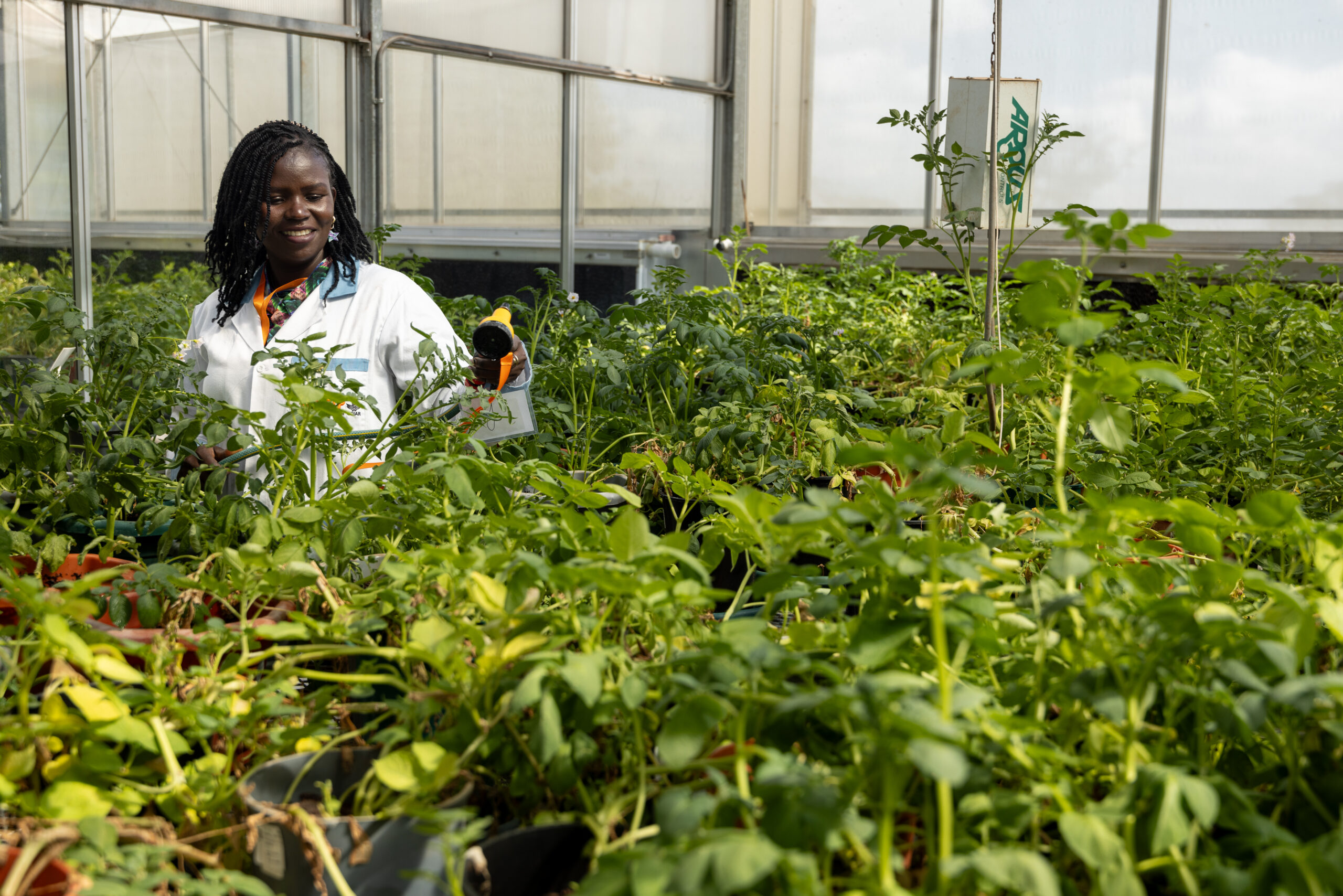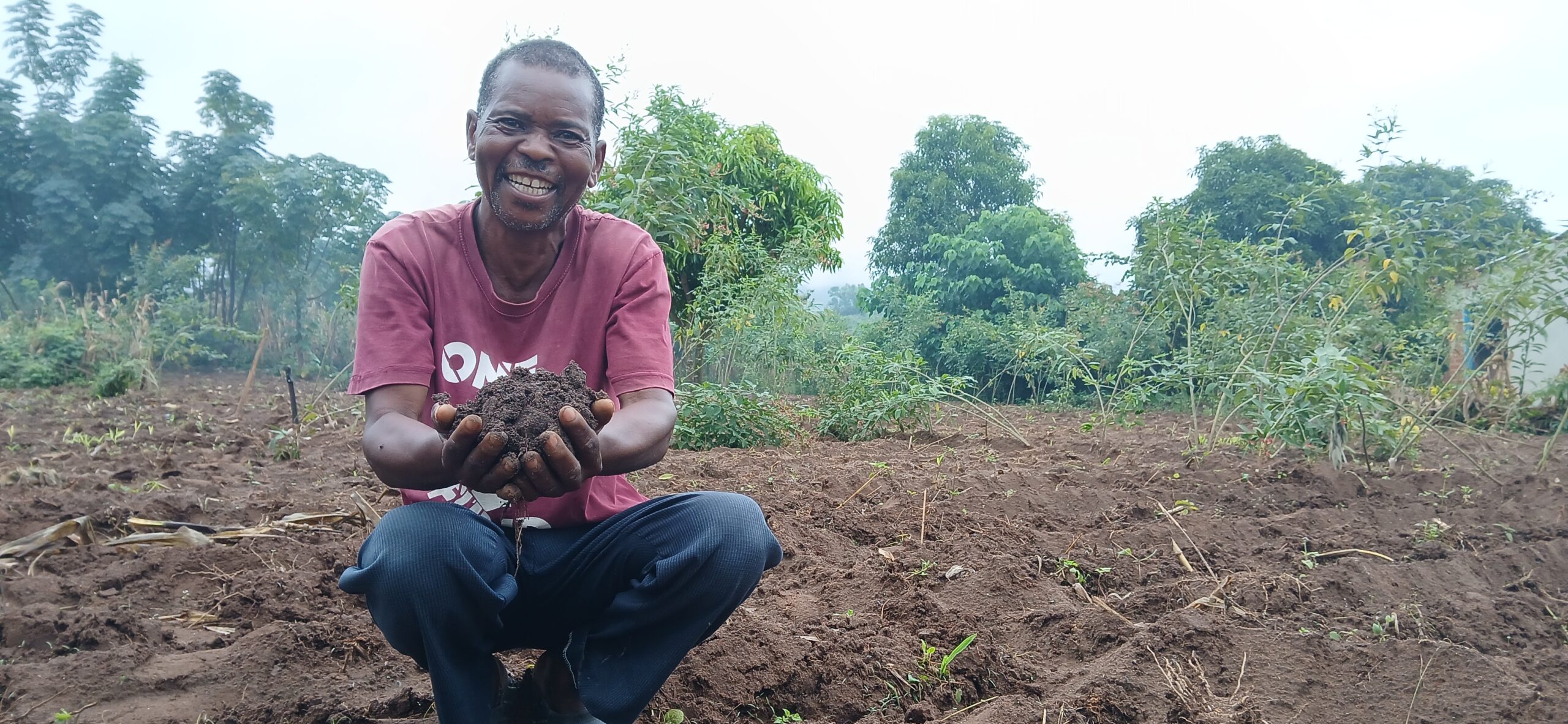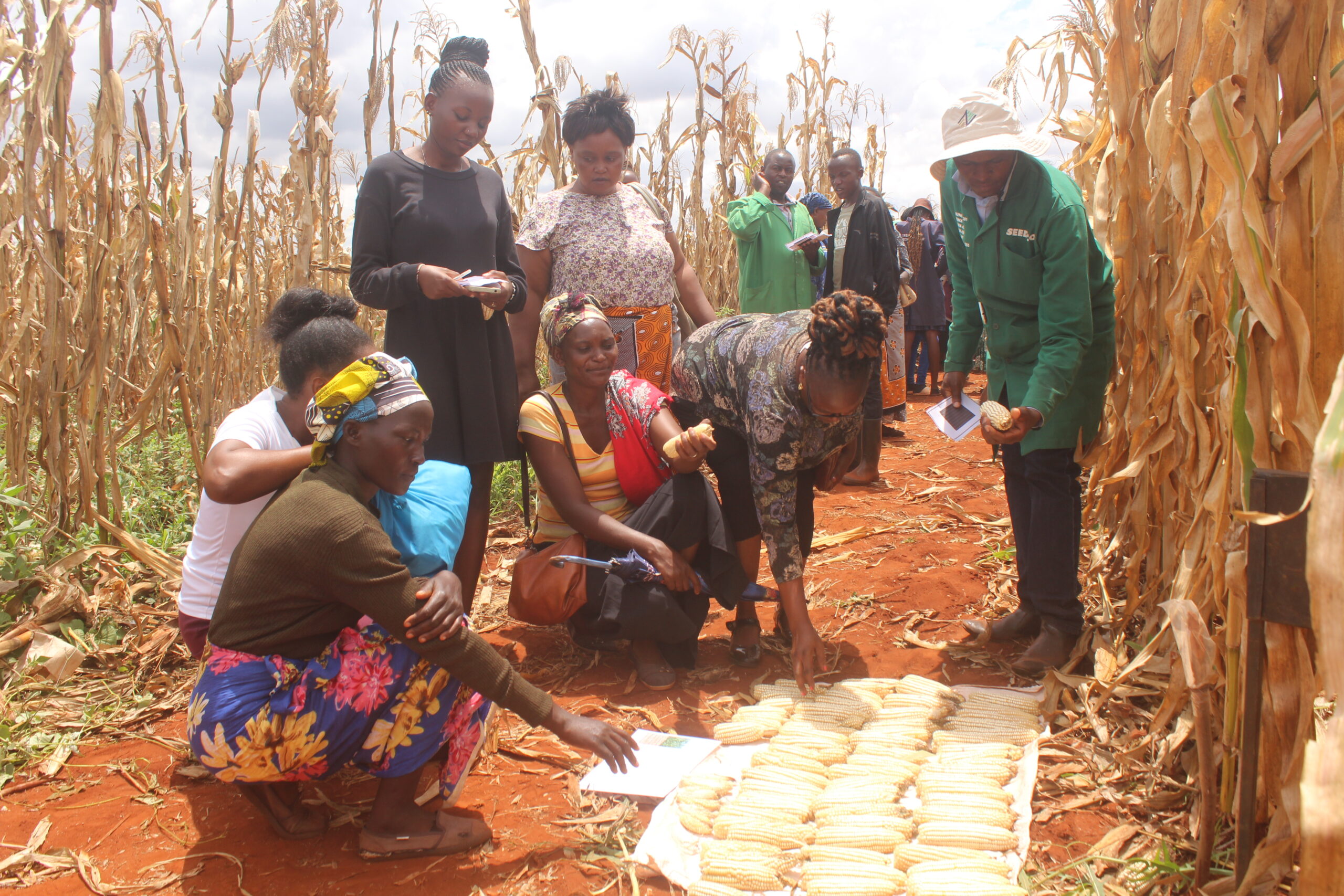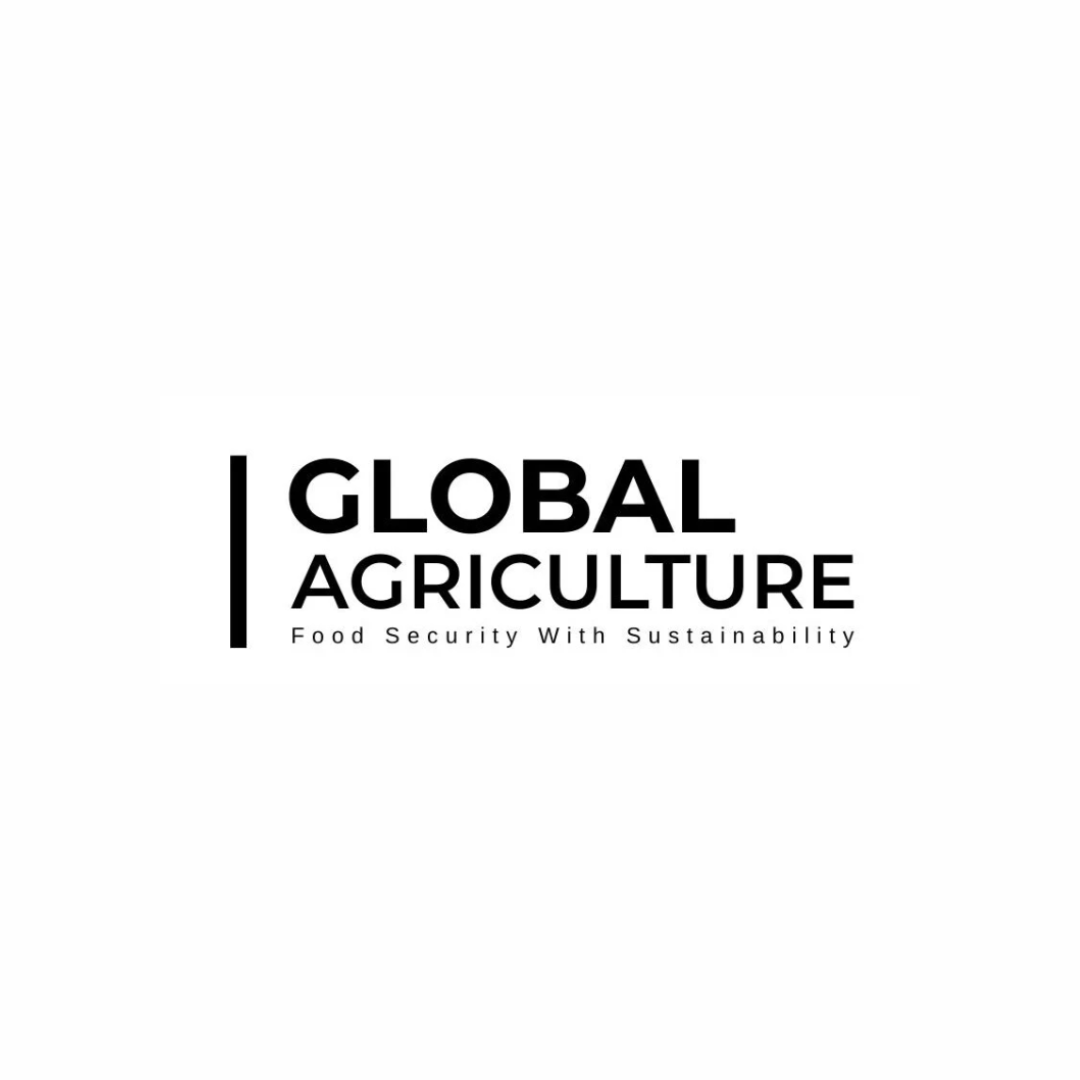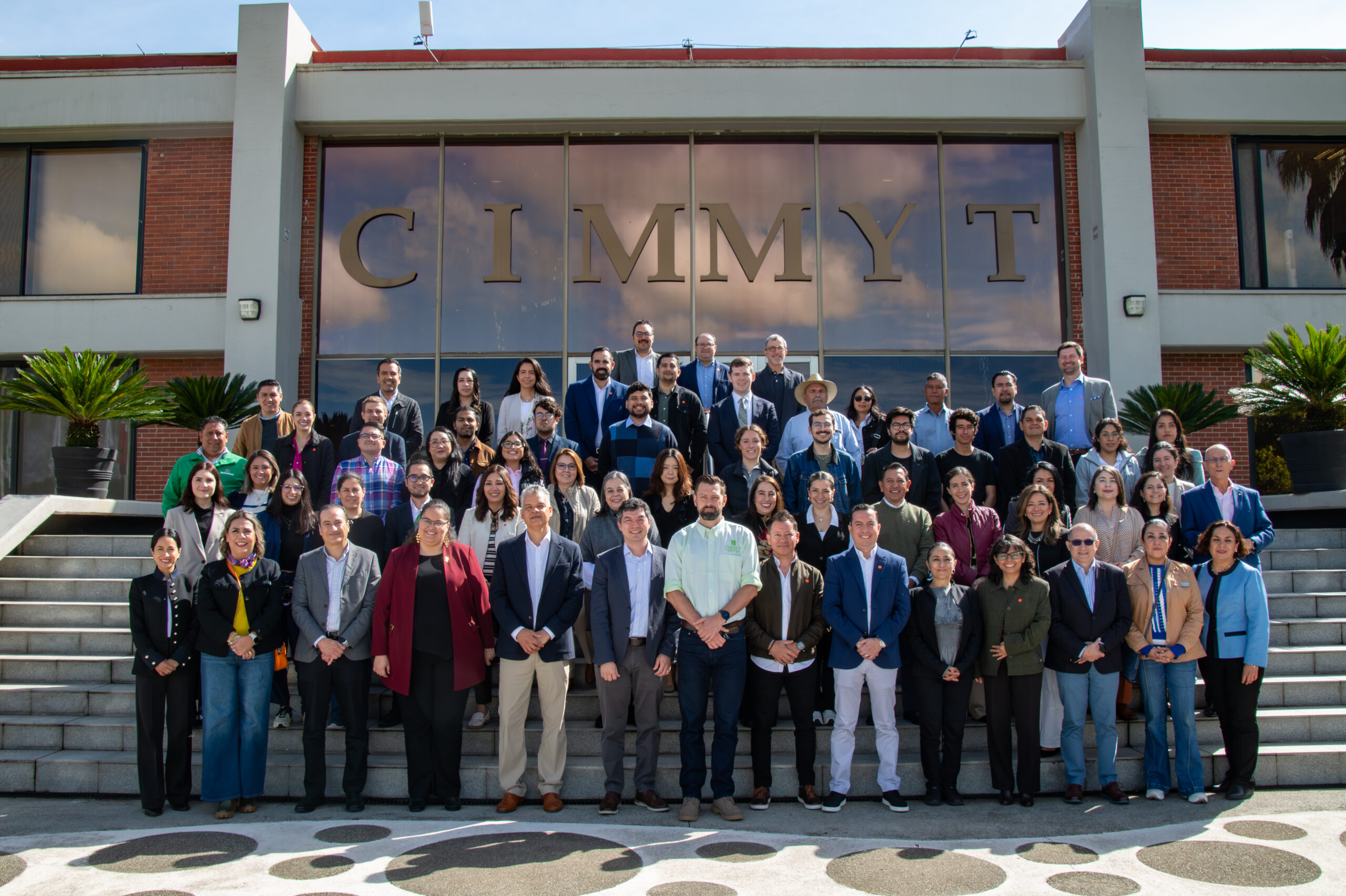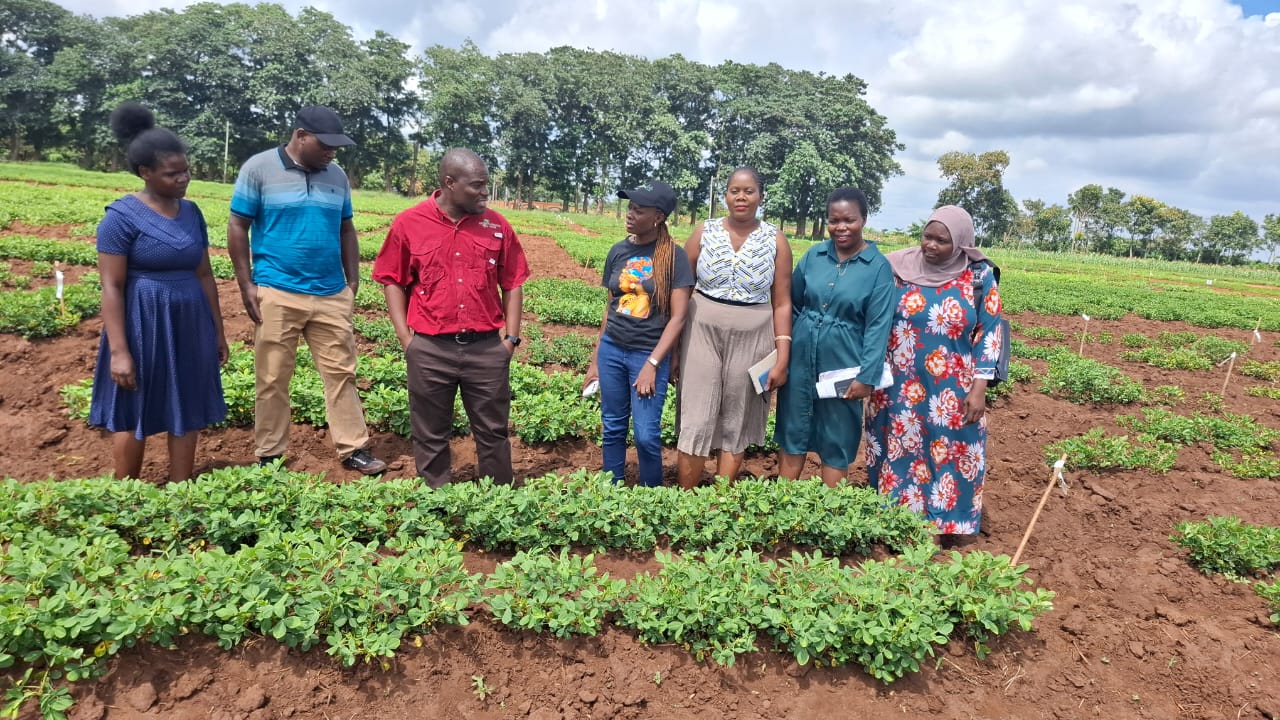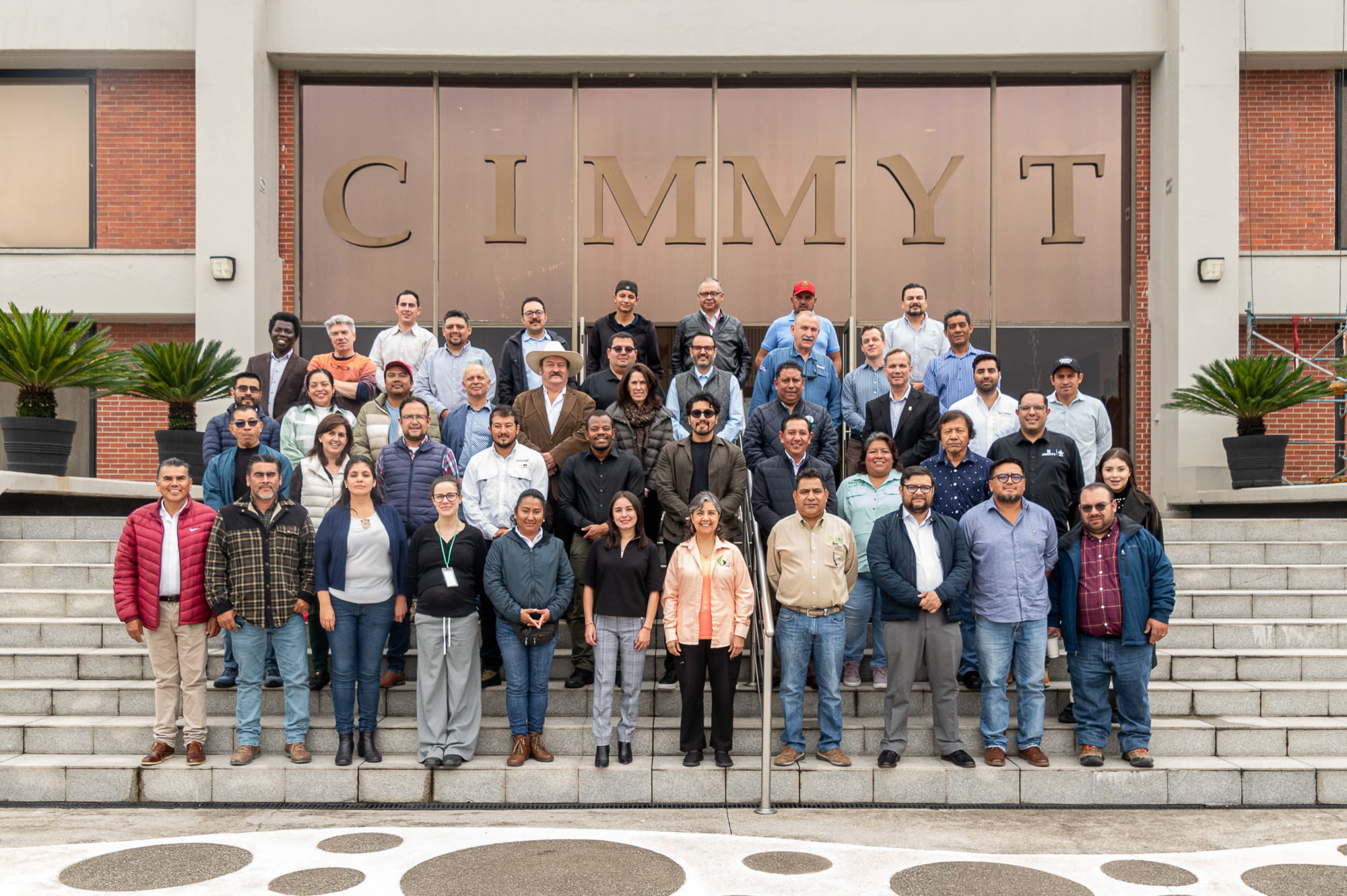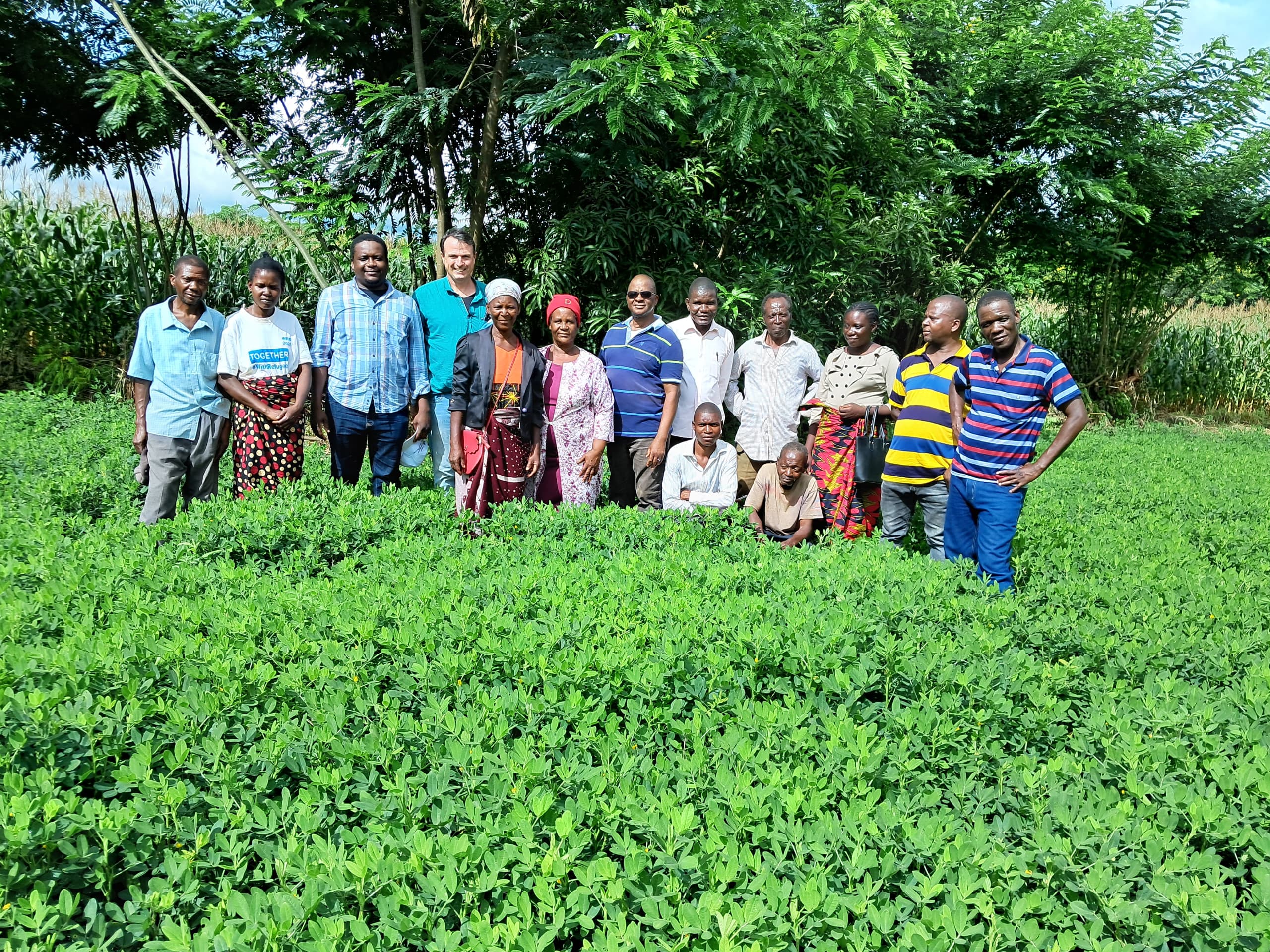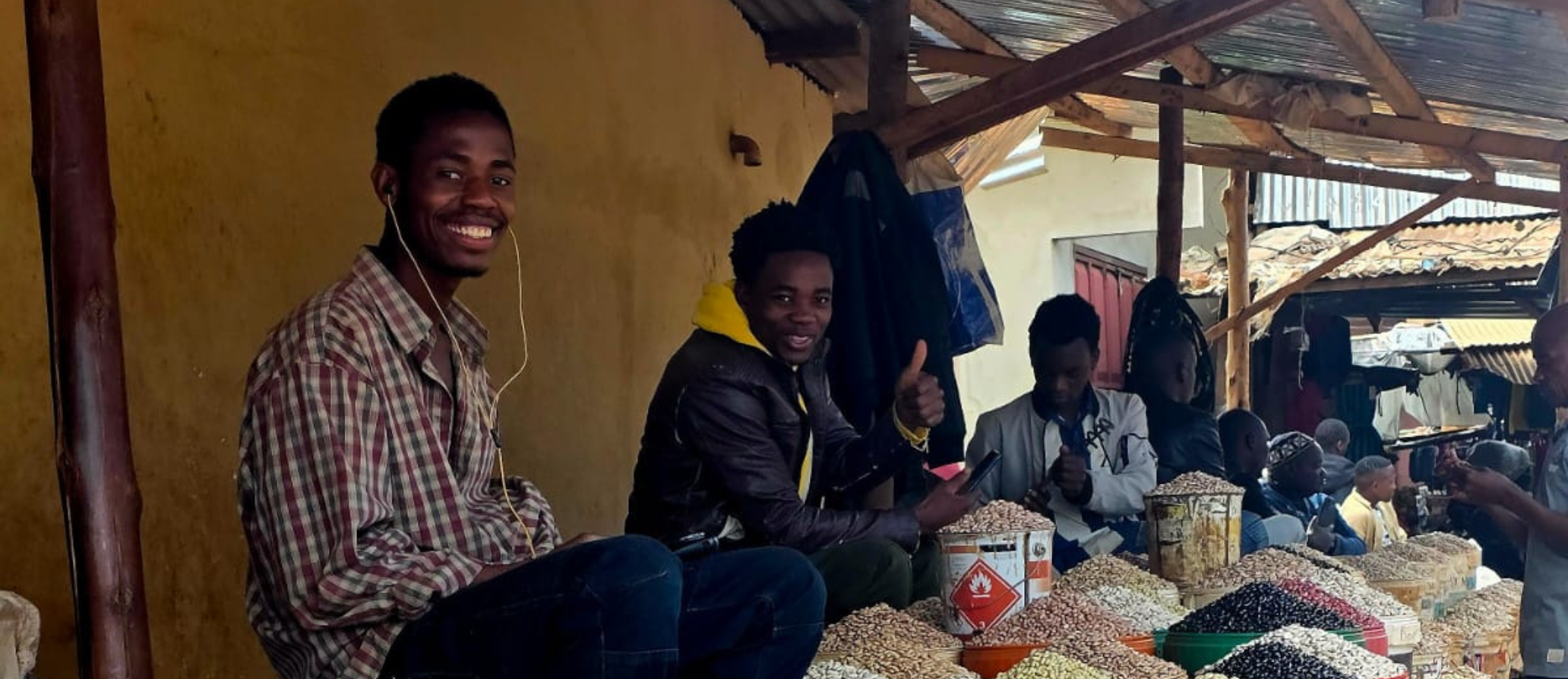Poverty reduction, livelihoods and jobs
Patience, Trust, and a Long View: How farmers in Malawi are shaping the future of Conservation Agriculture
 Capacity development
Capacity development
Discover how Conservation Agriculture is transforming smallholder farming in Malawi through sustainable practices, farmer-led trials, and climate-smart innovations
From Struggle to Strength: A Young Farmer’s Journey Toward Sustainable Prosperity
 Climate adaptation and mitigation
Climate adaptation and mitigation
When young minds meet the right tools, they don’t just grow crops—they cultivate a new future for their communities
Rural youth and science-based agricultural innovation
 Gender equality, youth and social inclusion
Gender equality, youth and social inclusion
Ricinomex and CIMMYT promote agricultural diversification in Oaxaca with a young technical team that supports and transforms. Sergio Gil’s experience shows that science can drive a more promising generational renewal—from the field to extension services
Mexico Biologicals Market to Worth Over US$ 2,268.76 Million by 2033
 Climate adaptation and mitigation
Climate adaptation and mitigation
Source: Global News Wire ()
CIMMYT’s groundbreaking trial in Guanajuato slashed synthetic nitrogen use in maize by half—proving that sustainable farming isn’t just possible, it’s powerful
A lifetime of learning: Dorothy Helema’s journey with Conservation Agriculture in Malawi
 Gender equality, youth and social inclusion
Gender equality, youth and social inclusion
Dorothy Helema is turning personal loss into lasting legacy, transforming Conservation Agriculture from a research concept into a thriving community movement—one trial plot at a time
What does process improvement look like for CGIAR crop breeding programs?
 Capacity development
Capacity development
ReOrganize is reshaping crop breeding across CGIAR by bringing business-savvy tools like SIPOCs and stage-gates to streamline processes and empower breeders to deliver faster, better varieties
Turning waste into wealth: harnessing chicken waste to strengthen soil health for smallholder farmers
 Climate adaptation and mitigation
Climate adaptation and mitigation
An innovative pilot in Malawi is transforming poultry waste into a valuable organic fertilizer, linking smallholder farmers with chicken manure to restore soil fertility, increase yields, and support sustainable agriculture
Farmers Embrace Integrated Fall Armyworm Management at Kiboko Field Day
 Capacity development
Capacity development
In Kenya, farmers discovered smarter, sustainable ways to fight fall armyworm and boost their harvests
ICRISAT and CIMMYT Leadership Reaffirm Commitment to Impactful Collaboration
 Climate adaptation and mitigation
Climate adaptation and mitigation
Source: Global Agriculture ()
ICRISAT and CIMMYT have reaffirmed their partnership to accelerate science-driven, climate-resilient innovations that transform food systems and improve the livelihoods of smallholder farmers
Ingredion Renews Investment in Transformative Approach to Fair Trade of Corn Grown Sustainably
 Climate adaptation and mitigation
Climate adaptation and mitigation
CIMMYT secures grant to scale up responsible sourcing strategy that traded more than 100,000 tons of sustainable grain in two years
Bridging Science and Impact: Monitoring Progress and Fostering Collaboration Across Groundnut Programs in Malawi, Mozambique, Tanzania and Zambia
 Capacity development
Capacity development
CIMMYT and NARES partners are boosting groundnut research across Africa to empower farmers and transform lives
Alternative Crops to Tackle Climate Change: Multi-Stakeholder Dialogue at CIMMYT
 Climate adaptation and mitigation
Climate adaptation and mitigation
CIMMYT brought together key agri-food stakeholders for a dynamic workshop on Opportunities for Alternative Crops in Mexico, sparking reflection and co-creation to drive productive diversification in the country’s semi-arid regions in the face of climate change
CGIAR–NARES Event Highlights Innovations and Challenges in Dryland Crops
 Capacity development
Capacity development
CIMMYT and partners are driving adoption of improved dryland crops through science-powered, locally led partnerships
Beyond handshakes and agreements: The real work behind scaling conservation agriculture in Malawi
 Capacity development
Capacity development
Forged in the fields of Malawi, CIMMYT and Total LandCare’s partnership is proving that climate-smart farming rooted in local realities can transform livelihoods, one resilient harvest at a time
Transforming Agri-Food Systems in Niassa: Building Resilience from the Ground Up
 Capacity development
Capacity development
In the heart of Niassa, Mozambique, CIMMYT is turning hope into harvest by equipping women and youth with certified seeds, knowledge, and market access to transform their farms and futures
